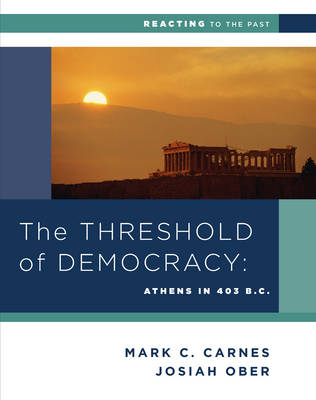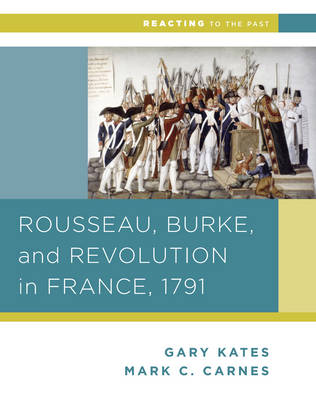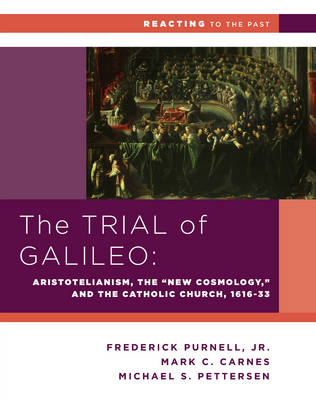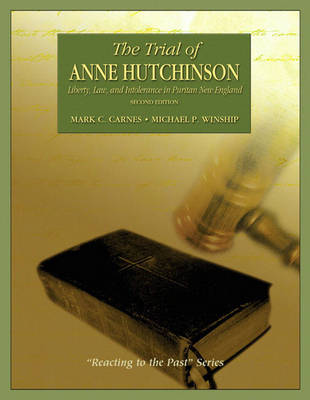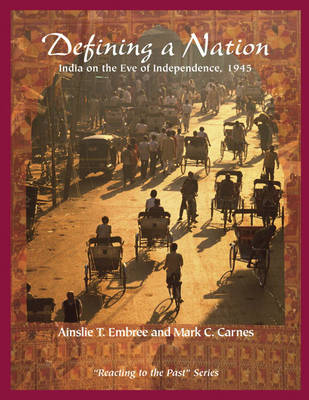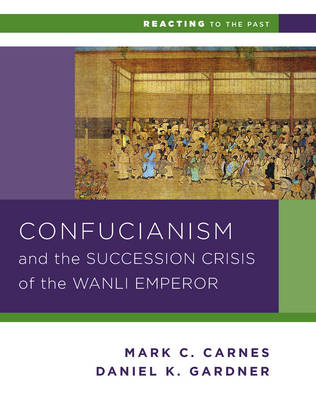Reacting to the Past
6 primary works
Book 0
The debates are informed by Plato's Republic, as well as excerpts from Thucydides, Xenophon, and other contemporary sources. By examining democracy at its threshold, the game provides the perspective to consider its subsequent evolution.
Reacting to the Past is a series of historical role-playing games that explore important ideas by re-creating the contexts that shaped them. Students are assigned roles, informed by classic texts, set in particular moments of intellectual and social ferment.
An award-winning active-learning pedagogy, Reacting to the Past improves speaking, writing, and leadership skills, promotes engagement with classic texts and history, and builds learning communities. Reacting can be used across the curriculum, from the first-year general education class to "capstone" experiences. A Reacting game can also function as the discussion component of lecture classes, or it can be enlisted for intersession courses, honors programs, and other specialized curricular purposes.
Book 0
Rousseau, Burke, and Revolution in France, 1791
by Gary Kates and Mark C. Carnes
Reacting to the Past is a series of historical role-playing games that explore important ideas by re-creating the contexts that shaped them. Students are assigned roles, informed by classic texts, set in particular moments of intellectual and social ferment.
An award-winning active-learning pedagogy, Reacting to the Past improves speaking, writing, and leadership skills, promotes engagement with classic texts and history, and builds learning communities. Reacting can be used across the curriculum, from the first-year general education class to "capstone" experiences. A Reacting game can also function as the discussion component of lecture classes, or it can be enlisted for intersession courses, honors programs, and other specialized curricular purposes.
Book 0
The Trial of Galileo
by Michael S. Petterson, Frederick Purnell, Jr., and Mark C. Carnes
Book 0
By recreating one of the most tumultuous and significant episodes in early American history, The Trial of Anne Hutchinson: Liberty, Law, and Intolerance in Puritan New England illustrates the struggle between the followers and allies of John Winthrop, Governor of Massachusetts Bay Colony, and those of Anne Hutchinson, a strong-willed and brilliant religious dissenter.
Part of the "Reacting to the Past" series, this text consists of elaborate games in which students are assigned roles, informed by classic texts, set in particular moments of intellectual and social ferment. The game unfolds amidst a controversy that pushed Massachusetts to the brink of collapse and spurred a larger historical process that led to religious freedom and the modern concept of separation of church and state.
Book 0
In the struggle to reconcile religious identity with nation building,Defining a Nation: India on the Eve of Independence, 1945 recreates one of the most intractable and important issues of the modern world.
Part of the "Reacting to the Past" series, this text consists of a game in which students are assigned roles, informed by classic texts, set in a particular moment of intellectual and social ferment. The game is set at Simla, in the foothills of the Himalayas, where the British viceroy has invited leaders of various religious and political constituencies to work out the future of Britain's largest colony.
Book 0
